Weaving Success: Handmade Stories

Handmade Stories is a slow fashion social enterprise brand that stands up for communities underserved by the establishment and society. Its founder Elena Brook-Hart Rodriguez, shares how it helps provide fair incomes and keep traditions alive.
What is Handmade Stories?
Where did the idea come from?
What is your impact?
I now work with three different groups of people: women in rural communities, a family of traditional jewellery-makers, and men in prison. I follow the World Fair Trade Organisation’s principles to ensure the work benefits those who make the products. I also support them so they can set up their own local businesses so they can be completely independent. But with each group I address different issues.
The women breed animals and work their fields for self consumption, but nowadays need money to buy things, including supporting their kids’ education. If they want to earn an income they have to travel far or migrate to the cities. The work I do with them is to ensure they can continue to look after their fields and animals as well as supplementing that with an income so they don’t have to leave their communities.

Futhermore, part of the profits go back to funding development projects in the communities. In the past, these have included financial education, the building of community infrastructure, and this year we’re setting up rural libraries.
The family of traditional jewellery-makers used to sell their jewellery in markets and had to close their workshop during COVIS and find jobs elsewhere. After partnering with them they reopened their workshop and now three years later, they have their own physical shop. The men in prison receive training so they learn how to hand weave traditional Andean textiles. I work directly with them and their families to ensure the money goes to them. They set the prices for the products they produce. I also support them so they can set up their own businesses while they’re in prison so once they’re out they have a trade and their own source of income. This reduces reoffending rates.


What would you like to see change or improve in your area?
I’d love to see consumers thinking about the person that made the products before they buy. Sometimes we get carried away by a deal or offer, but if the price is that low, how can someone have been paid fairly to produce it? The reality is that a lot of the brands we know and love use modern slavery to produce their products, paying garment workers as little as $0.04 per item. It’s also worth checking the practices of companies, as a more expensive price doesn’t always mean the item has been produced fairly. Look for Fair Trade badges and accreditations from external agencies to make sure the business has been independently audited.

Part of the profits go back to funding developments projects in the communities, including financial education and rural libraries.
What's your biggest challenge?
As for a lot of independent businesses, my biggest challenge is reaching people. When I sell in person in a physical store, people love the look and feel of the products and buy, but with a limited budget and recent changes to social media platforms, it’s very hard to stand out online unless you’re paying high amounts on advertising spend (and I’d rather be spending that money on paying the artisans and doing development projects than giving it to the big social media platforms). And even if you do stand out and have a big following, it doesn’t always translate into sales.
What's next for handmade stories?
There’s loads going on at the moment. I’m opening a physical store in London (check out our website or sign up to our newsletter for details). We’re also working on new accessories made in prison, a new clothes collection with more inclusive sizing, an expansion of our upcycled collection (which saves clothes from going to landfill), and new jewellery designs.
Get involved
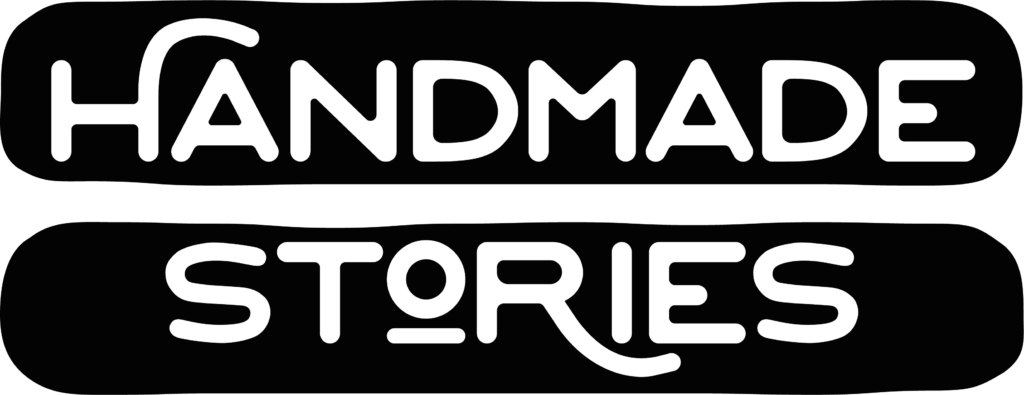
See the full range of clothes, jewellery, and accessories, and learn more about Handmade Stories’ communities impact here.
This is a feature from Issue 22 of Charitable Traveller.


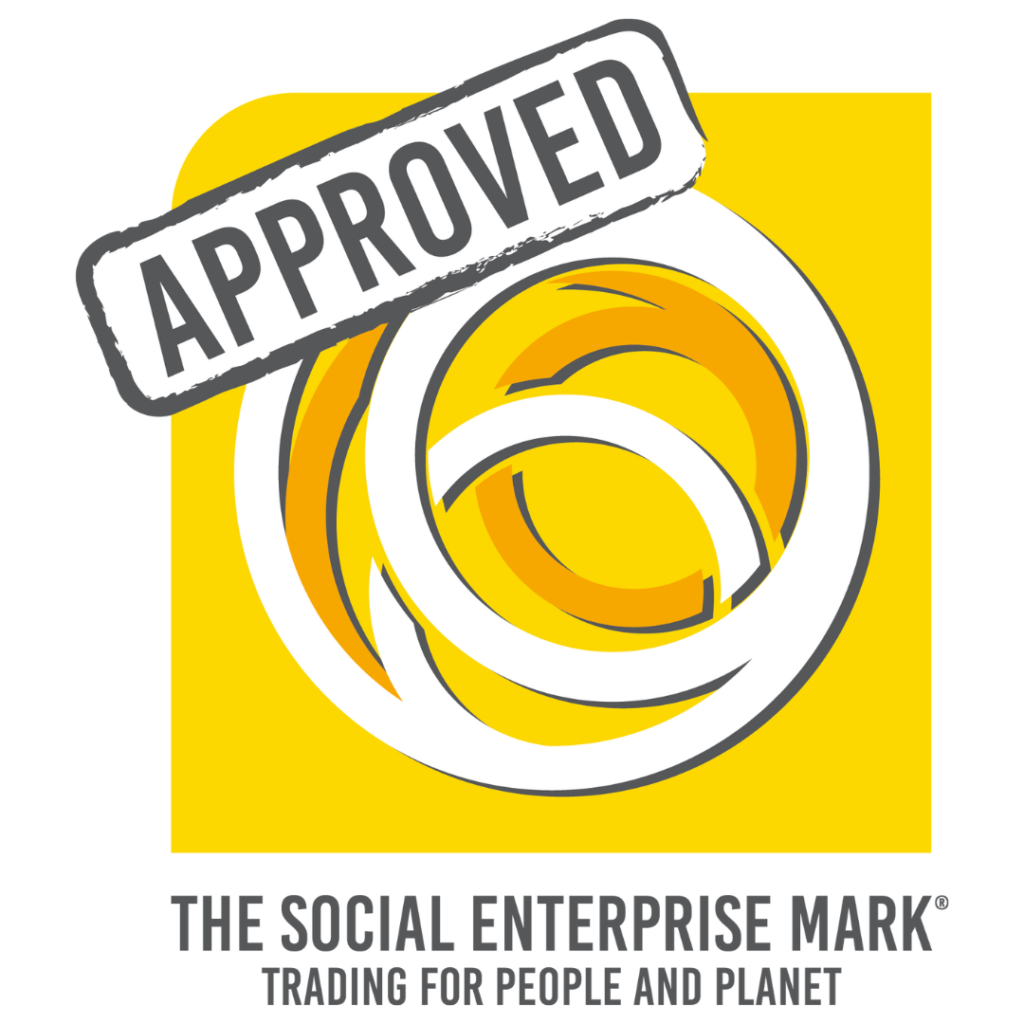
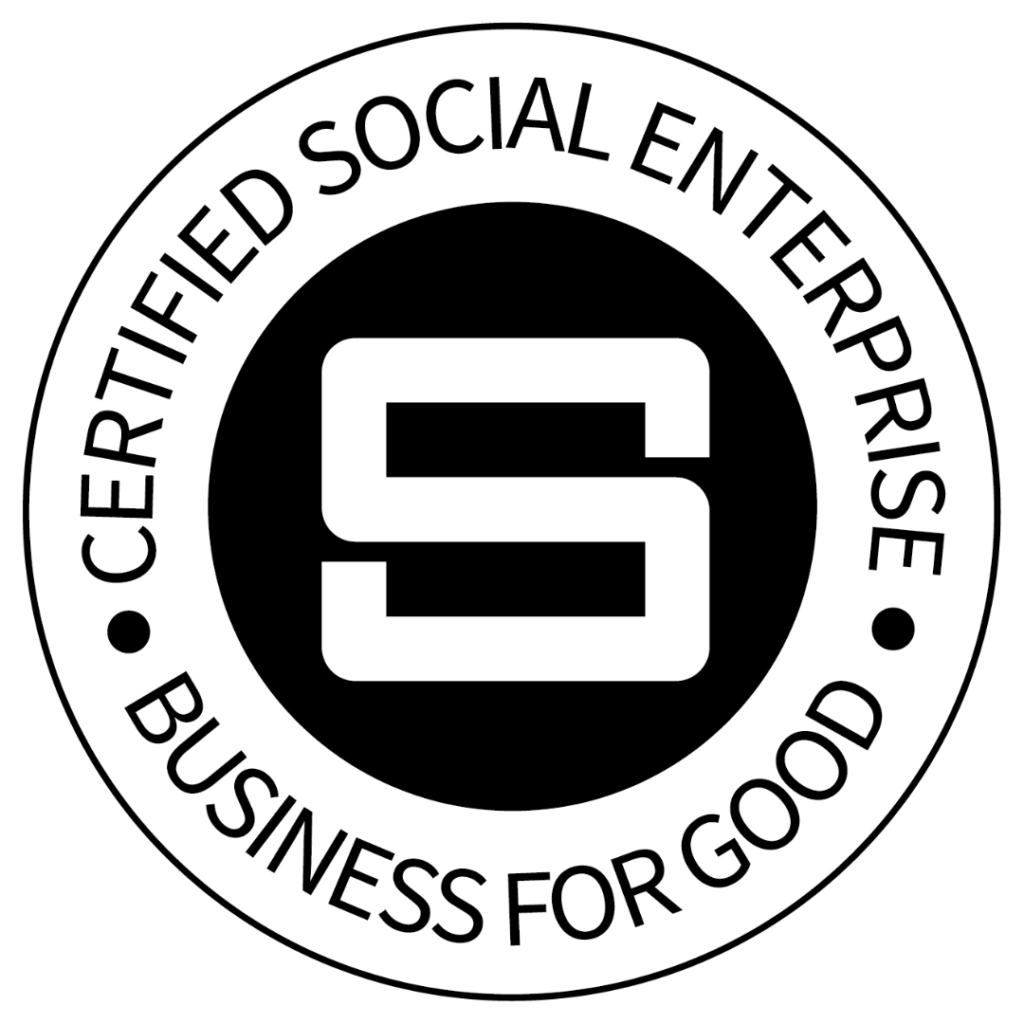

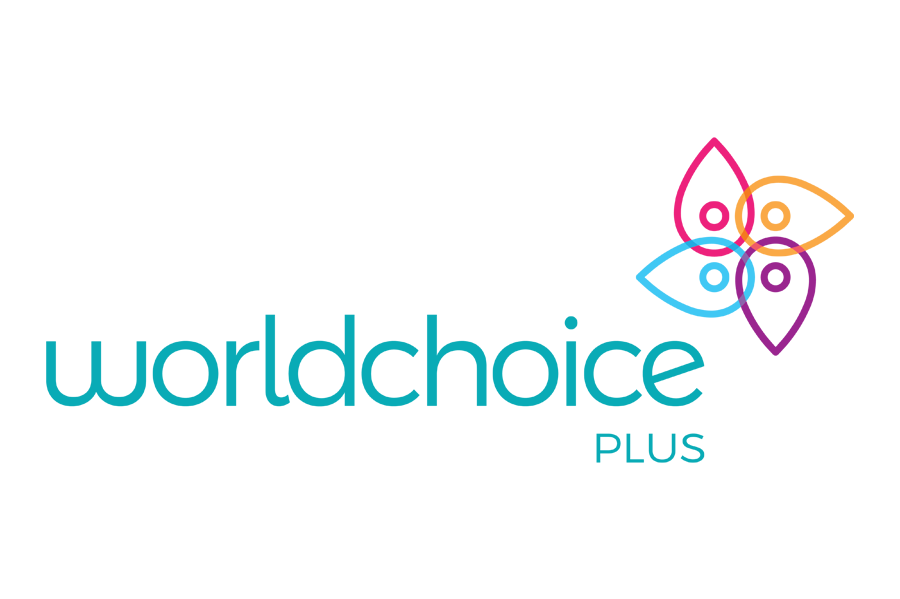
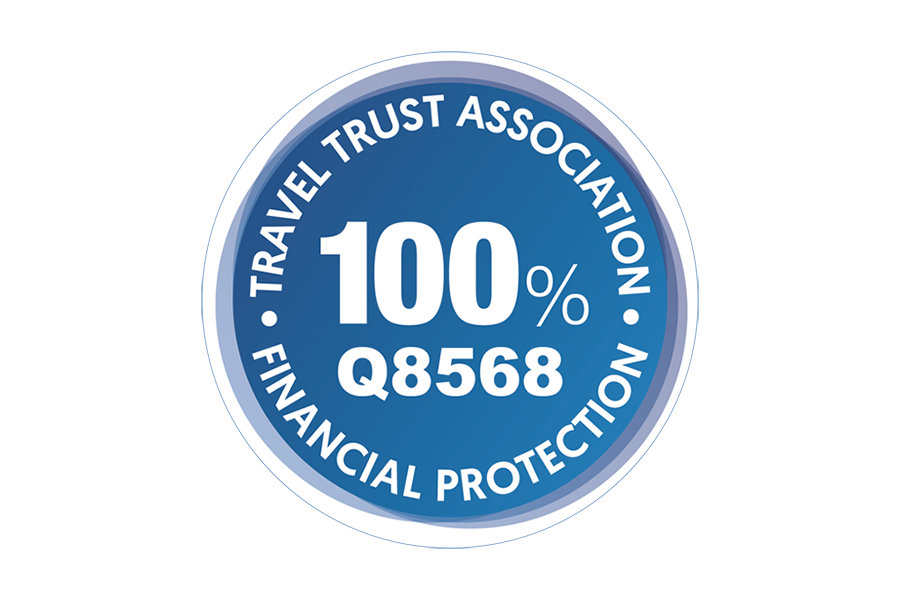
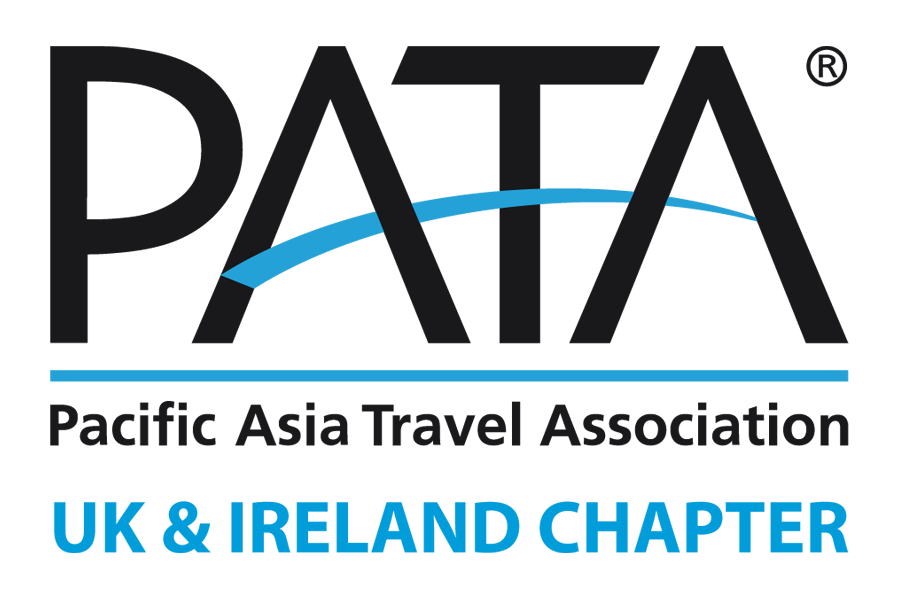
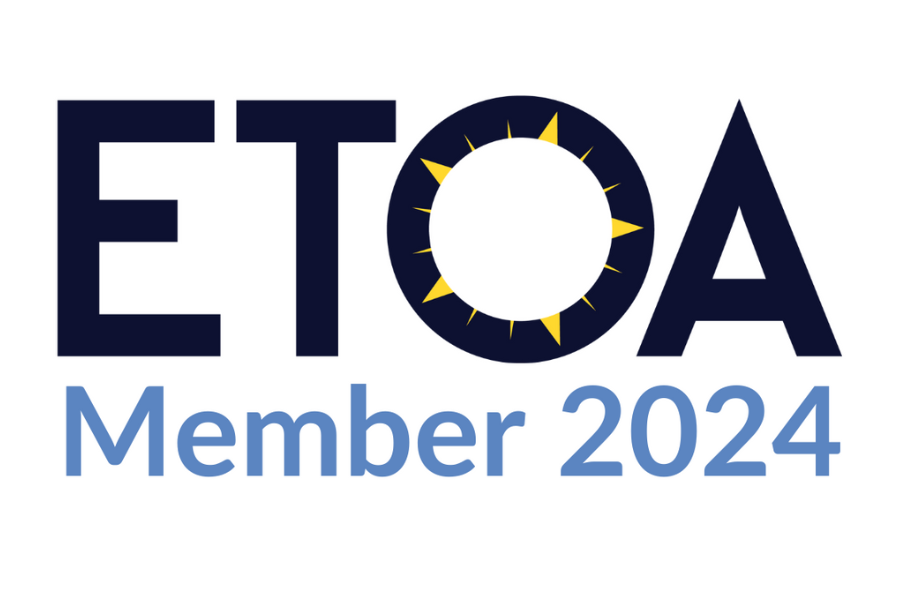
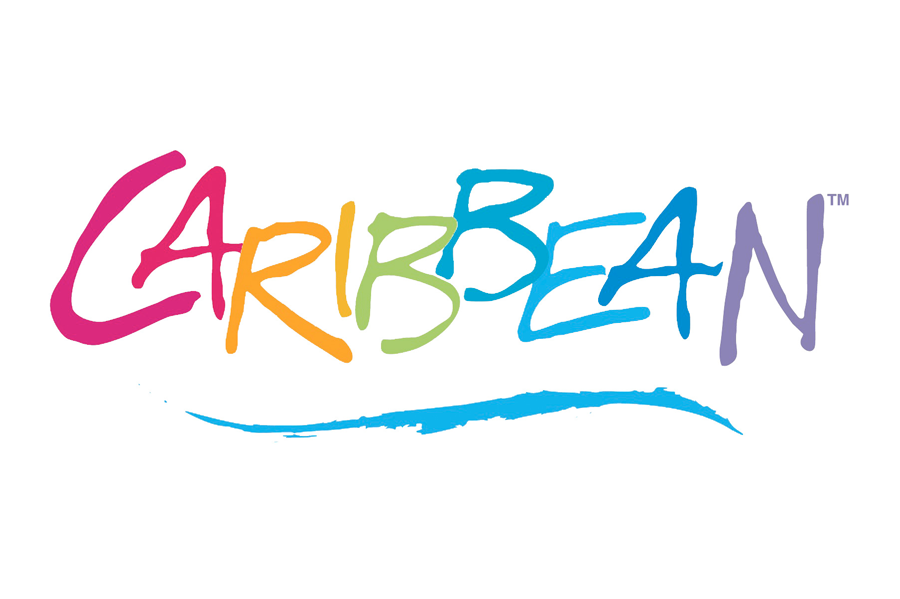
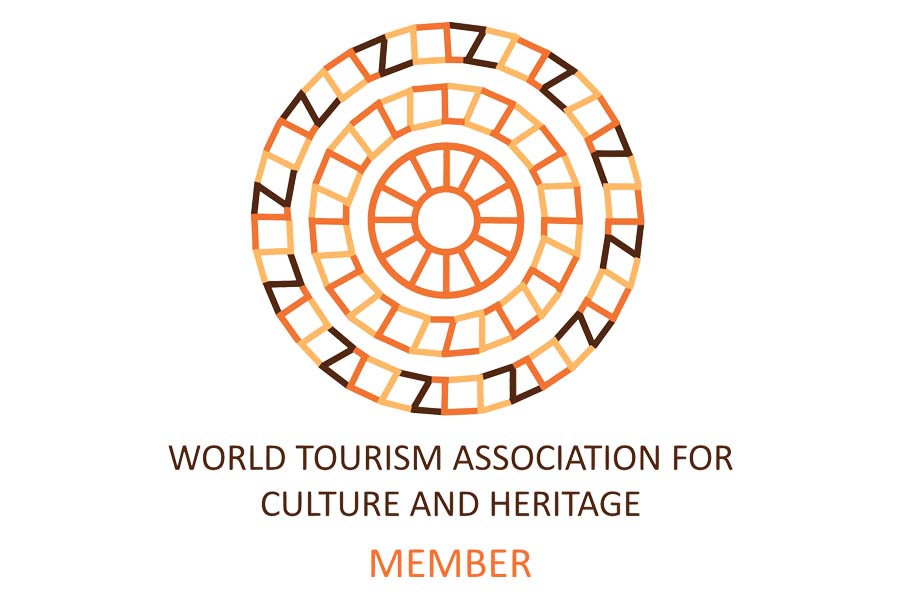
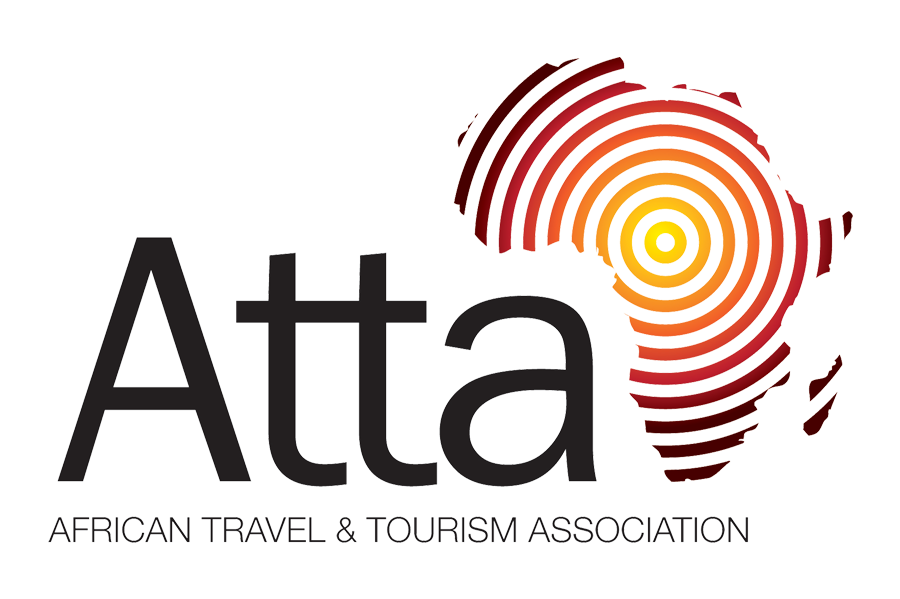

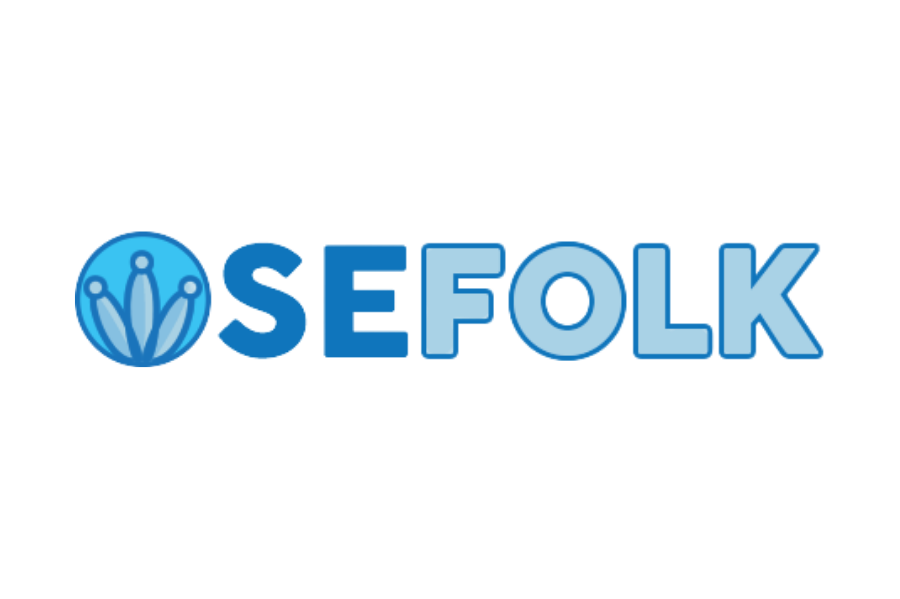
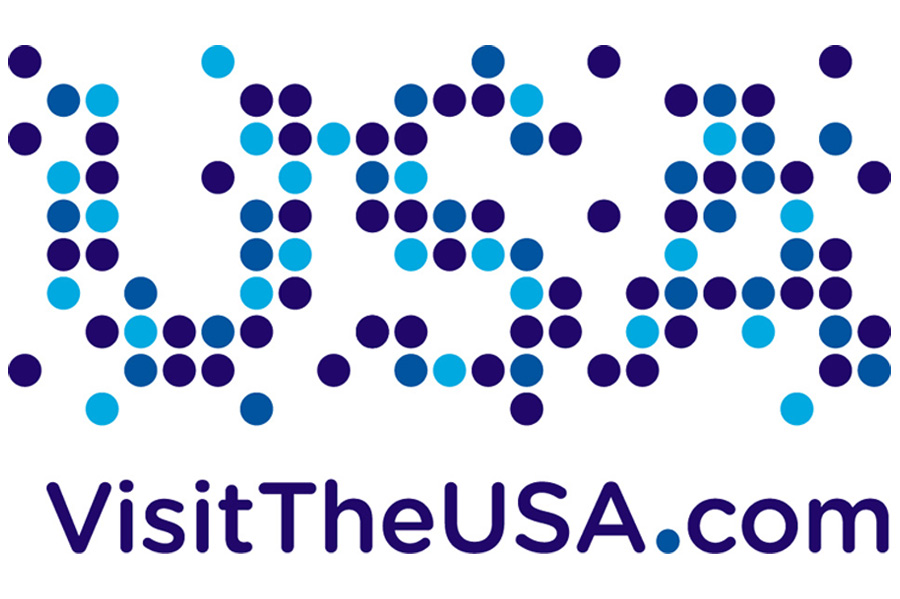
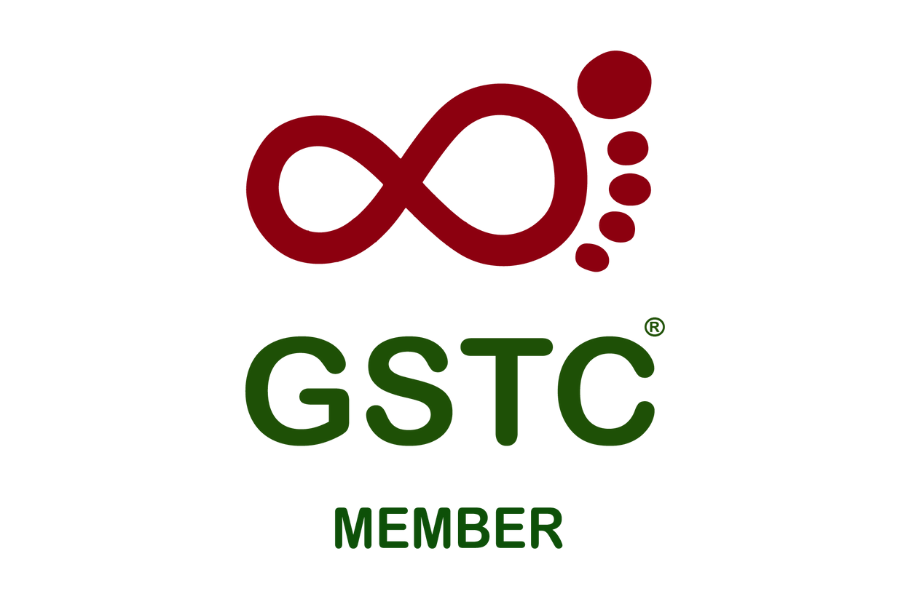

 by net effect
by net effect